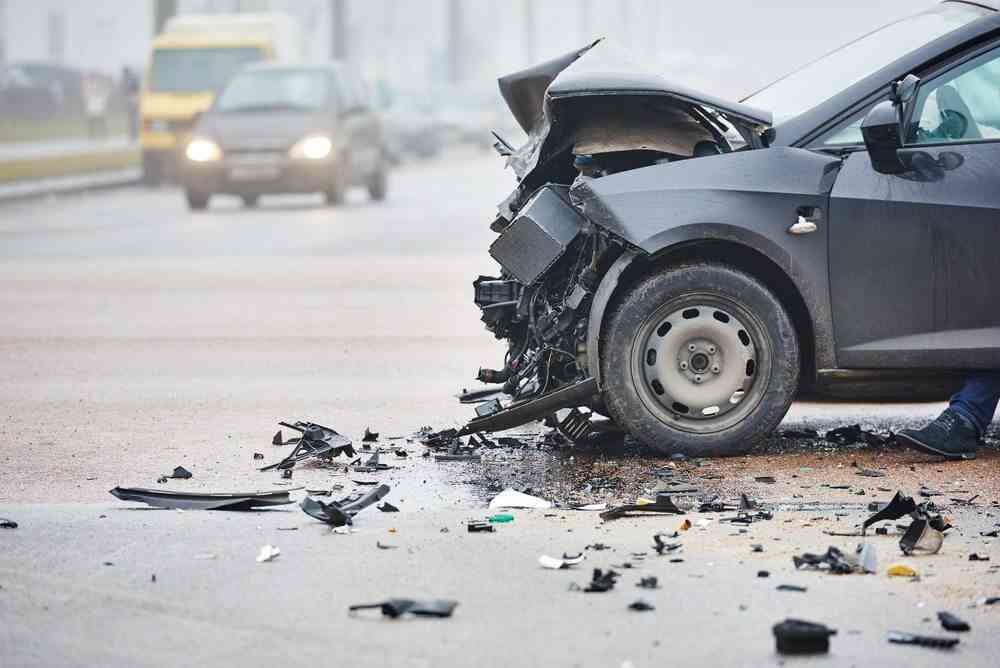
August has always carried mixed feelings for many Zimbabweans. Beyond being a month of national commemorations, it is also a period that, year after year, records a spike in road traffic accidents. For some, this is purely coincidental and linked to increased holiday travel. Yet, for those who are more superstitious, August has long been viewed as a spiritually sensitive period.
Many families choose August for tombstone unveilings and traditional ceremonies such as rituals performed to “bring back” spirits of the deceased. Among some cultural beliefs, these practices, when done improperly or en masse, are thought to stir restless spirits, potentially leading to misfortunes, including accidents.
Whether one attributes the spike to increased road traffic, spiritual forces, or simply reckless driving, August has consistently been one of Zimbabwe’s deadliest months. Now, as we have stepped into September, there is hope that accidents will decrease.
The Zimbabwe Republic Police (ZRP) reinforced these concerns with a sobering press release issued after the Heroes and Defence Forces Holidays. The report revealed a disturbing increase in accidents and fatalities compared to last year.
A total of 196 road accidents were recorded over the three-day holiday, up from 149 in August 2024, a 31,5% surge. Fatal accidents rose from eight to 13, resulting in 24 deaths compared to 16 last year, while injuries jumped from 77 to 96.
Police spokesperson Commissioner Paul Nyathi attributed the surge to speeding, reckless overtaking, unroadworthy vehicles, and mechanical faults.
Zimbabwe’s insurance market offers two main types of cover. Third party liability insurance is the minimum legal requirement under the Road Traffic Act. It covers injuries, fatalities, or property damage caused to third parties but excludes damage to your own vehicle and injuries to the policyholder.
Comprehensive cover offers the widest protection, covering your own vehicle, third party liability, passenger injuries, natural disasters, and theft. This cover provides the better protection.
- Fresh demolitions hit Mbare
- Police accused of killing Budiriro man
- Fresh demolitions hit Mbare
- Police accused of killing Budiriro man
Keep Reading
A lingering challenge in Zimbabwe is skepticism over whether third party insurers honour payouts. In reality, insurers are obligated to settle valid claims. Delays often occur due to incomplete paperwork, disputed liability, or investigations.
For public service vehicles, passenger liability insurance managed by the Insurance Council of Zimbabwe provides essential protection, ensuring passengers are compensated in case of injuries or fatalities. Without this, most passengers are excluded under basic third party policies.
Additionally, gap cover has become increasingly important, bridging the shortfall when insurer payouts do not fully cover repair or replacement costs — particularly for high-value vehicles or businesses with large fleets.
One of the most promising developments in Zimbabwe is the growing use of telematics and GPS tracking systems. These devices record driving habits, speeds, mileage, and braking patterns, allowing insurers to assess individual risk more accurately.
Safer drivers benefit directly through lower, risk-based premiums, while high-risk drivers pay more. Beyond pricing, tracking also influences drivers’ behaviour.
In other countries, usage-based insurance has significantly reduced accident rates. Wider adoption in Zimbabwe could bring similar benefits, especially in light of the troubling accident statistics.
Another innovation Zimbabwean drivers could embrace is the introduction of No-Claims Discount policies, which reward accident-free driving with progressively reduced premiums. These models promote a safety conscious culture while aligning insurers’ incentives with motorists’ behaviour, creating a win-win for both parties.
When paired with telematics, NCD policies can transform Zimbabwe’s insurance landscape, making premiums fairer, more affordable, and directly tied to driver behaviour, ultimately helping reduce road carnage.
August has passed, but its lessons remain urgent. As Zimbabwe moves into September, the hope is road tragedies will decrease and that authorities, insurers, and motorists will play their part in promoting safety.
Motor vehicle insurance cannot prevent accidents, but it cushions families and businesses when disaster strikes. By embracing technology, smarter policies, and collective responsibility, Zimbabwe can work towards a future where roads are safer, drivers are more accountable, and lives are better protected.
- Kondenga (née Maeresera), FIA C.Act, ACCA, CIA, general manager and cconsulting at Actuary African Actuarial Consultants — [email protected]; [email protected]; [email protected]; Tel: +263 (242) 884 140/9











